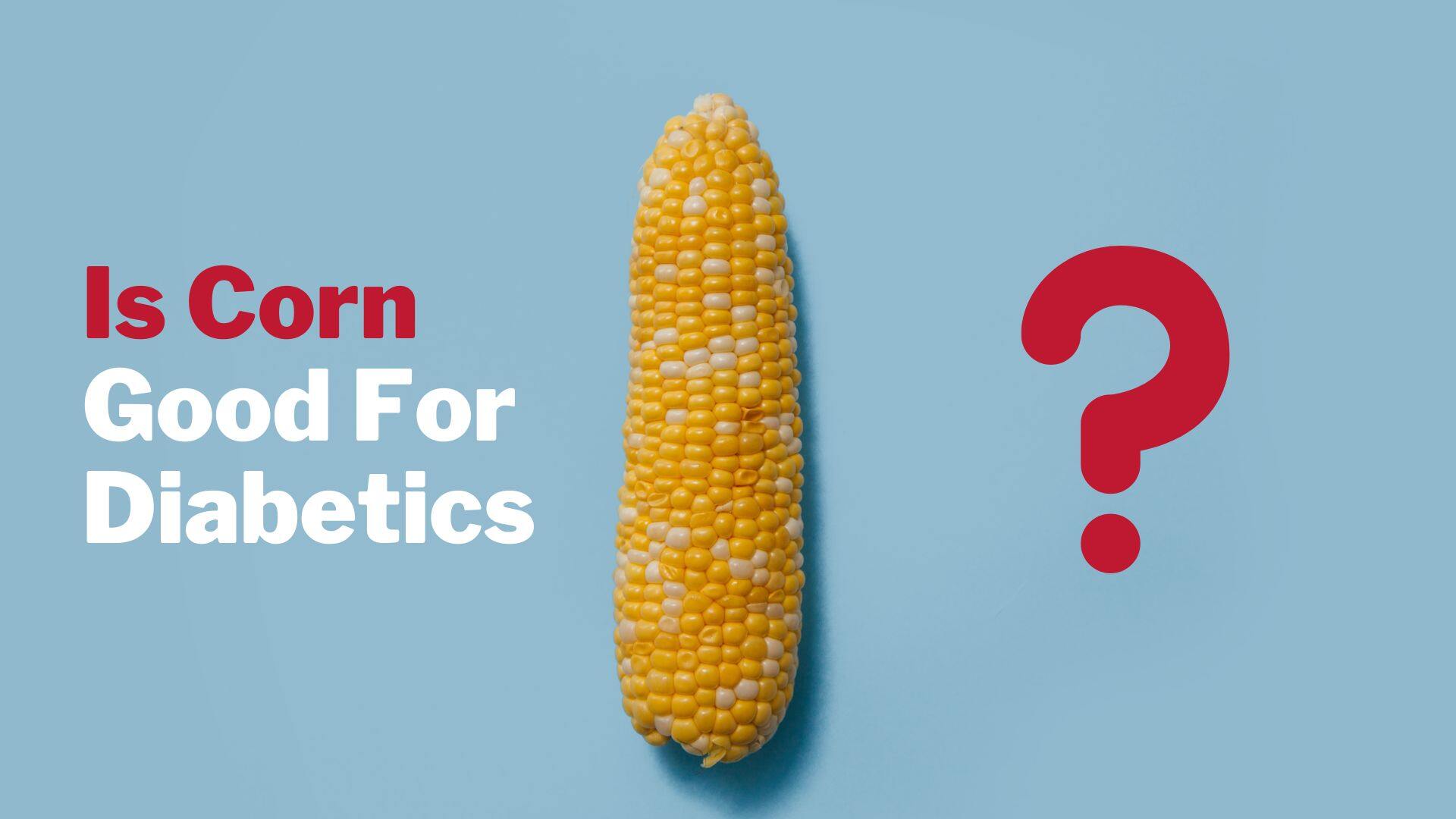Is corn safe for diabetics, it is important to consume it in moderation and in the right form.
If you have diabetes, it is recommended that you limit your intake of carbohydrates and choose complex carbohydrates that are rich in fiber, such as whole grains, fruits, and vegetables. Corn is a good source of fiber, but it also contains a fair amount of carbohydrates. Therefore, it is important to monitor portion sizes and count the carbohydrates in your meal to manage your blood sugar levels.
Can You Eat Corn If You Have Diabetes?
Yes, people with diabetes can eat corn, but it is important to keep portion sizes in check and choose the right form of corn to avoid any adverse effects on blood sugar levels.
- Corn is a starchy vegetable that contains carbohydrates, which can affect blood sugar levels if consumed in excess.
- It is recommended to consume corn in moderation and count the carbohydrates in your meal to manage your blood sugar levels.
- A serving of corn typically contains about 15 grams of carbohydrates, so it is important to factor this into your overall carbohydrate intake for the day.
- When choosing corn, it is best to avoid processed forms of corn, such as corn syrup or corn chips, as they may contain added sugars or unhealthy fats that can negatively impact blood sugar control.
- Instead, opt for fresh or frozen corn that is cooked with minimal added fats and sugars.
- Corn is also a good source of fiber, which can help slow down the absorption of carbohydrates and prevent blood sugar spikes.
Therefore, it is beneficial to include fiber-rich foods like corn as part of a healthy and balanced diet for people with diabetes.
Is Corn Beneficial For Diabetes?

There are several potential benefits to eating corn for people with diabetes, including:
High in Fiber
Corn is a good source of fiber, which can help regulate blood sugar levels by slowing down the absorption of glucose in the bloodstream. This can help prevent blood sugar spikes and dips, which is particularly important for people with diabetes.
Low Glycemic Index
Corn has a relatively low glycemic index, which means it does not cause a rapid rise in blood sugar levels after consumption. This is because it contains complex carbohydrates that take longer to break down and digest compared to simple carbohydrates found in processed foods.
Nutrient-Dense
Corn is rich in several important vitamins and minerals, including vitamin C, thiamin, folate, and magnesium. These nutrients are important for overall health and can help support the body’s immune system, nervous system, and cardiovascular health.
Versatile
Corn can be prepared in many different ways, making it a versatile ingredient that can be incorporated into a wide variety of meals and snacks. This can help keep meals interesting and enjoyable for people with diabetes who may need to follow a strict dietary regimen.
Affordable
Corn is a relatively inexpensive food compared to many other healthy foods, making it a cost-effective option for people with diabetes who may need to manage their food budgets.
Overall, consuming corn in moderation as part of a balanced diet can provide several potential benefits for people with diabetes. However, it is always important to monitor portion sizes and speak with a healthcare provider or registered dietitian to ensure that corn consumption fits into an individual’s overall dietary plan.
How to Include Corn in Your Diet?
Corn is a versatile and nutritious food that can be included in a variety of dishes. Here are some ways to incorporate corn into your diet:
- As a side dish: Boil or grill fresh corn on the cob and serve it as a side dish with your meals.
- In salads: Add cooked or canned corn to your salads for a boost of flavor and nutrition.
- In soups and stews: Add corn kernels to your favorite soups and stews for a hearty and nutritious addition.
- In tacos and burritos: Add corn as a filling in your tacos and burritos for a delicious and nutritious twist.
- In casseroles: Use corn as an ingredient in casseroles such as cornbread casserole or chicken and corn casserole.
- In breakfast dishes: Add corn to breakfast dishes such as omelets, frittatas, and breakfast burritos for a savory and nutritious start to your day.
- As a snack: Popcorn is a healthy and low-calorie snack option that can be enjoyed anytime.
Overall, corn is a tasty meal that can be included in a variety of dishes, so it’s simple to add to your diet.
Glycemic Index of Corn
The glycemic index (GI) of corn can vary depending on a few factors, such as the type of corn, the processing method used, and the form in which it is consumed.

